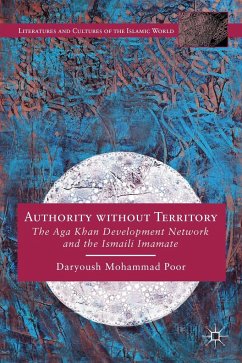
Political Islam in the Age of Democratization
Versandkostenfrei!
Versandfertig in 6-10 Tagen
38,99 €
inkl. MwSt.
Weitere Ausgaben:

PAYBACK Punkte
19 °P sammeln!
The continued prominence of Islam in the struggle for democracy in the Muslim world has confounded Western democracy theorists who largely consider secularism a prerequisite for democratic transitions. Kamran Bokhari and Farid Senzai offer a comprehensive view of the complex nature of contemporary political Islam and its relationship to democracy.














